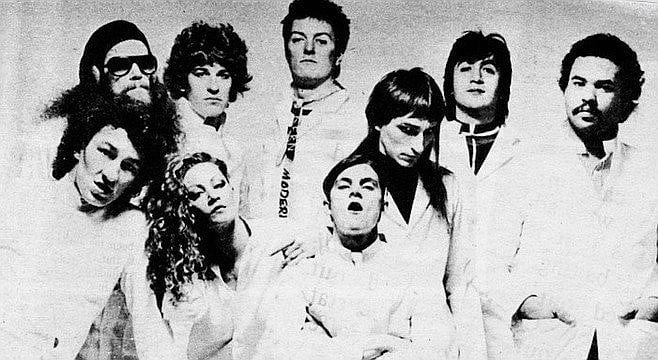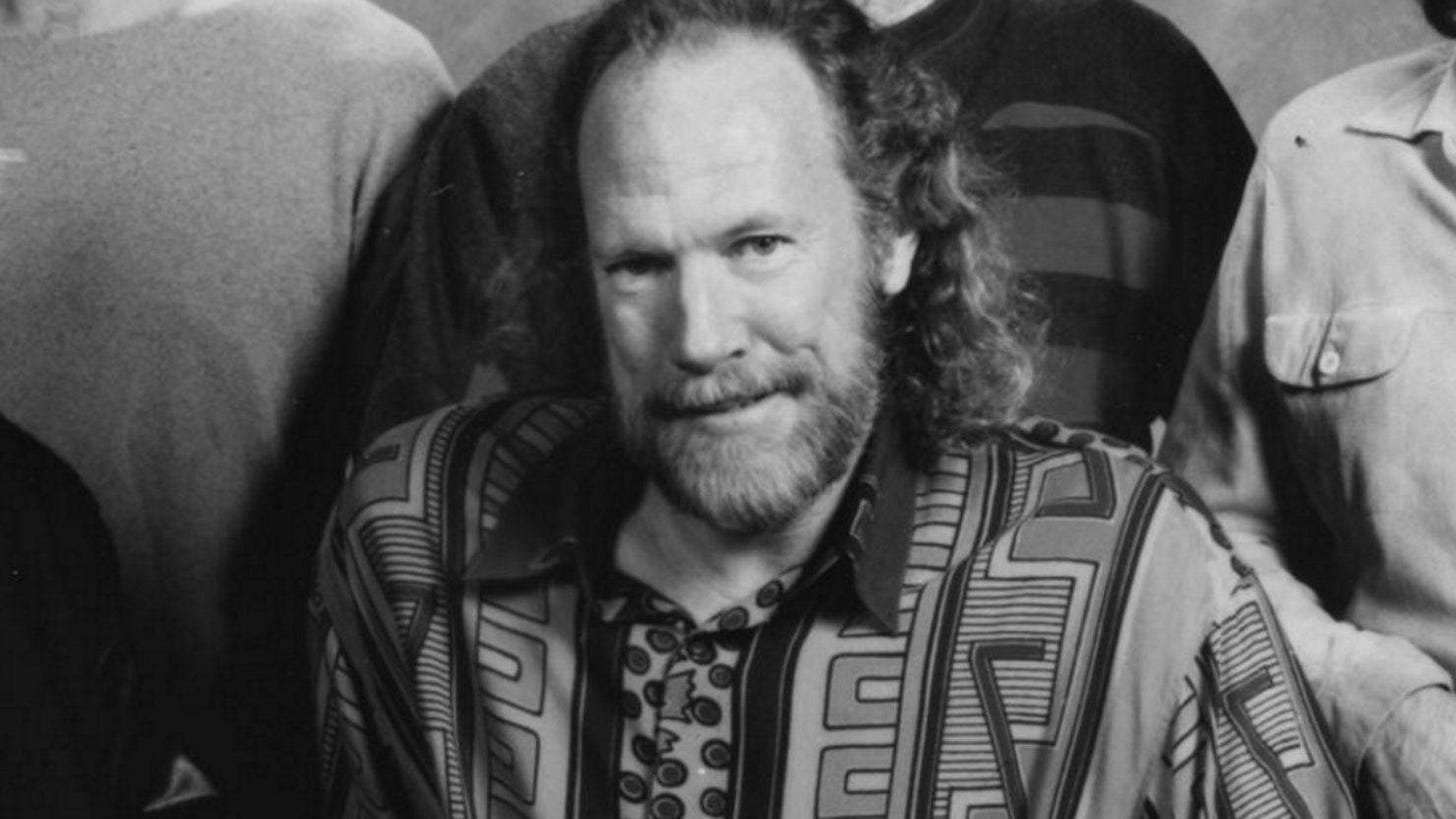Missing the Man-Vince Welnick
Last year, I was awarded a grant to produce a podcast series on the life of former Tubes and Grateful Dead keyboardist Vince Welnick. After a year of chasing interview subjects, I have finally arrived at the editing stages, with a target completion date of February 21, Welnick’s birthday, a date that holds special significance in his life and legacy.
Welnick died by suicide on June 2, 2006, and his death added to the Grateful Dead keyboardist mythos because three of the group’s keyboardists passed away before their time. I often considered it an unfair stereotyping of Welnick, a talented musician who faced his own battles, since The Grateful had disbanded a decade before his death.
The project was prompted by an article written by Joel Selvin, a well-known music journalist. The article “Vince Welnick lived the dream, playing music with the Grateful Dead, but depression dogged him to his final days” portrayed Welnick as a down-on-his-luck, depressed musician in the post-Grateful Dead years. The article seemed dismissive to me and did not represent his legacy or talent.
As a longtime music writer, I understand the pressure to write a compelling narrative. Oftentimes, the only way to garner attention is to write something salacious or controversial. However, there still is a place for authenticity, compassion, and sincerity in music journalism.
Welnick’s story is complex, and while he battled depression in the years after the Grateful Dead, it is likely he battled with it his entire life. I not only felt a connection with Welnick because I met him on four different occasions, but I empathized with his lifelong battle with depression.
One of the people I interviewed said that she knew a lot of “creative types” who were sensitive and dealt with bouts of depression. So, while it may seem contradictory that someone living the rock star life could possibly be depressed, it underscores that depression is a mental health condition, not a choice.
The challenge with presenting Welnick’s story is that everyone knows how it ends. While the death of Jerry Garcia was a contributing factor to Welnick’s mental health, the events leading up to Welnick’s death by suicide suggest something a lot more complex and are an indictment against how society and the medical community treat depression.
Nevertheless, the real revelatory stuff has been the musical journey. Welnick’s work is much larger than I realized when I began the project. There is the stuff with The Tubes and The Grateful Dead, but the real gems are post-dead recordings with Missing Man Formation and other solo recordings. That should not be surprising, considering that The Tubes and The Grateful Dead were vastly different bands, the only common thread being they both had roots in San Francisco.
As I approach the final weeks of the project, I am hopeful that people will be presented with a portrait of a person I consider a musical genius who was loved by those close to him and not just another casualty of the rock and roll lifestyle.






